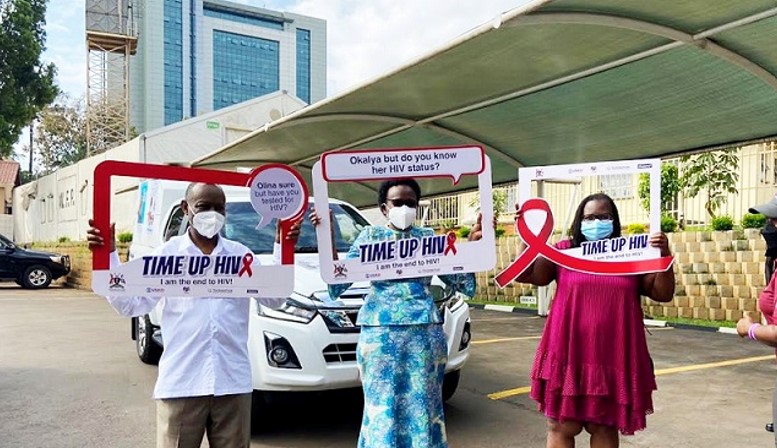At last, scientists discover why some Africans have lower HIV viral loads
Post By Diaspoint | August 16, 2023

What you need to know:
Individuals with higher virus levels are characterised by speedy progression of the disease, which subsequently increases their transmission risk.
Several factors influence virus levels, which widely vary from one person living with HIV to the other. Genetic composition of an individual is one of the key determinants of virus levels.
Africans possess a rarefied genetic variant that only exists in their population and enables them to fight HIV naturally, a new groundbreaking research shows.
A team of scientists may have at last cracked the code as to why HIV viral loads are significantly lower in infected people of African ancestry.
Viral load is the level of the virus found in a HIV patient’s system.
Individuals with higher virus levels are characterised by speedy progression of the disease, which subsequently increases their transmission risk.
Several factors influence virus levels, which widely vary from one person living with HIV to the other. Genetic composition of an individual is one of the key determinants of virus levels.
Africans possess a diminished viral load, which minimises their virus transmission. As a result, this slows down the disease progression within their bodies, as illustrated by the revolutionary study published in the scientific journal Nature.
The research team comprised scientists from Canadian National Microbiology’s Public Health Agency, the department of Medicine at the University of Cambridge and London”s Imperial College.
The team racked their brains for nearly three decades to arrive at their findings, which are first of their kind. “We have succeeded in identifying not only a new genetic variation but also one that exists only in this population and is associated with lower viral loads of HIV, by analysing a huge sample gathered from Africans,” explained the lead author from Public Health Agency Paul McLaren.
Scientists are upbeat that the study could significantly impact spirited search for HIV cure, which has remained elusive.
Read More from original source
